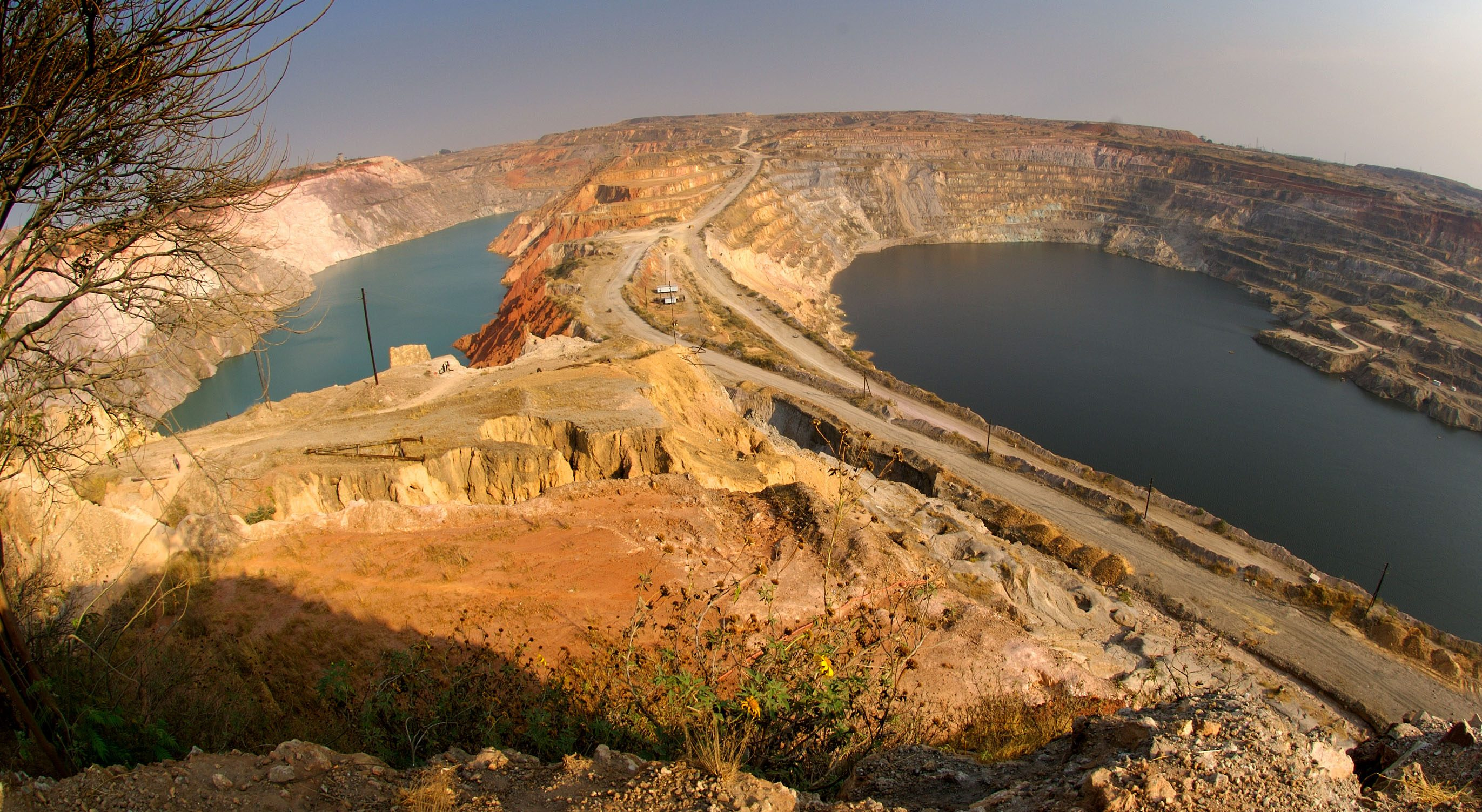A conflict between a Glencore Plc subsidiary and the Democratic Republic of Congo centers on a deal made years ago by Israeli businessman Dan Gertler.
According to Congo’s mines minister, the dispute involving a Glencore-owned copper and cobalt mine concerns royalty payments made to Gertler, who was sanctioned by the U.S. in 2017 for alleged corruption. Congo now claims that a portion of these funds should have gone to the state instead.
Last week, Bloomberg reported that Congo’s tax agency stated that Kamoto Copper Co. owes the state hundreds of millions of dollars in unpaid royalties. Gertler’s continued receipt of royalties from Congo projects, including Kamoto, serves as a reminder of the challenges his involvement presents in the nation, a major producer of minerals vital for the energy transition.
This situation also underscores why Western companies have been reluctant to heed U.S. calls to invest in Congo, where many mines are controlled by Chinese firms. Washington aims to reduce China’s dominance in critical metals by encouraging Western investment in Congo, but progress has been hampered by various issues, including the country’s demand for large one-off payments and Gertler’s ongoing role, which makes some investors hesitant due to sanctions.
Congo is home to some of the world’s richest deposits of copper and cobalt, critical for green energy technologies. The Biden administration views the country as a strategic focal point in its efforts to curb China’s control over the mining and processing of critical minerals.
Kamoto is one of Congo’s largest mines. Congo’s tax agency, known by its French acronym DGRAD, claims the mine owes the state more than €800 million ($885 million). Earlier this year, the company’s local bank accounts were frozen, and tax authorities temporarily sealed off a warehouse storing metals, according to sources familiar with the matter.
The core issue revolves around the royalties Kamoto pays to Gertler, Mines Minister Kizito Pakabomba explained in an interview. Kamoto also makes separate royalty payments based on sales that go directly to the government. Pakabomba indicated that progress is being made, and a resolution is nearly in sight.
The tax agency argues that, under local laws, 50% of the royalties paid to Gertler should be directed to the national Treasury, sources said. However, neither Glencore nor Congo’s finance ministry commented on the matter, and it remains unclear why Kamoto is being asked to remit the funds instead of Gertler.
Gertler’s Ventora Group acknowledged the existence of a dispute but stated it involves the tax agency and Kamoto, not Ventora. “We are not involved in this matter, and we are unaware of the specifics or merits of the claim,” the group said.
Gertler retained royalty rights to Kamoto and another nearby Glencore mine—amounting to about 2.5% of revenue—after selling his minority stake before the U.S. imposed sanctions. He holds similar arrangements with other mining projects, such as one owned by Eurasian Resources Group.
In 2022, Gertler struck a deal with Congo’s government, agreeing to return some assets in exchange for assistance lobbying the U.S. to lift sanctions, though he still retained his royalty rights. While he acquired the Kamoto royalty rights from Congo’s state miner Gecamines over a decade ago, Gertler has never faced criminal charges and denies any wrongdoing.
This isn’t the first time Gertler’s royalties have caused problems for Glencore. Following U.S. sanctions, the company paused payments but resumed them in 2018—denominated in euros—after Gertler sued. Glencore said it had no other choice to avoid the risk of its Congolese mines being seized.















